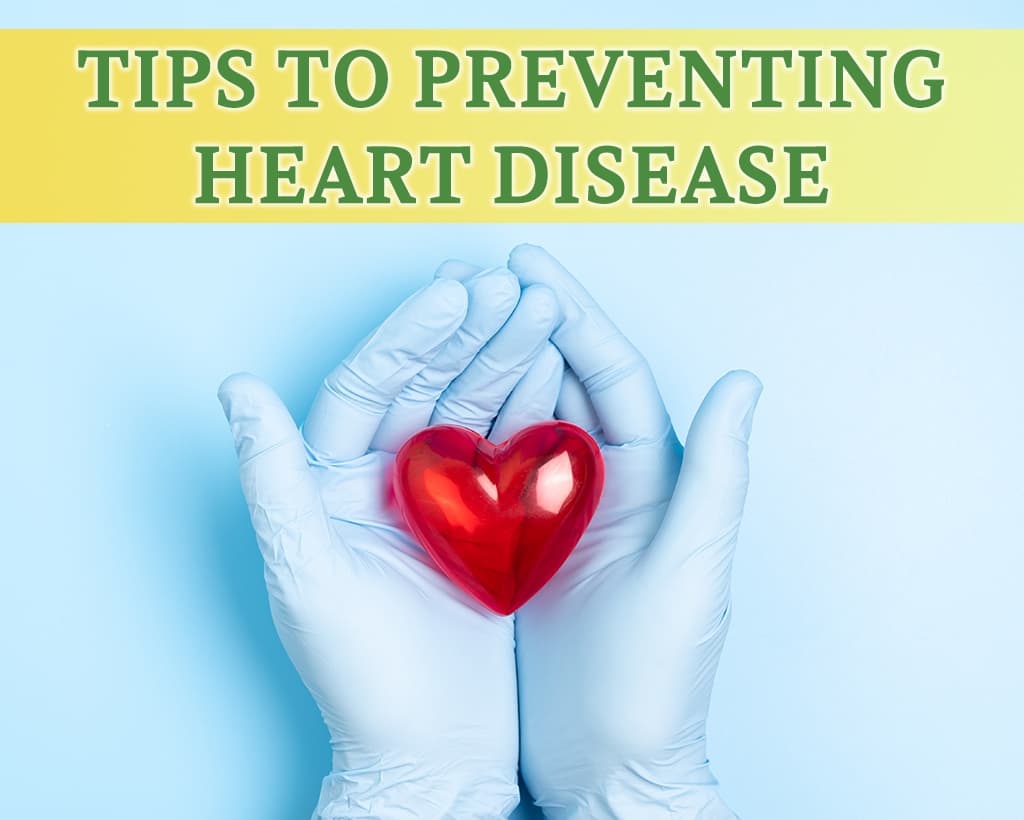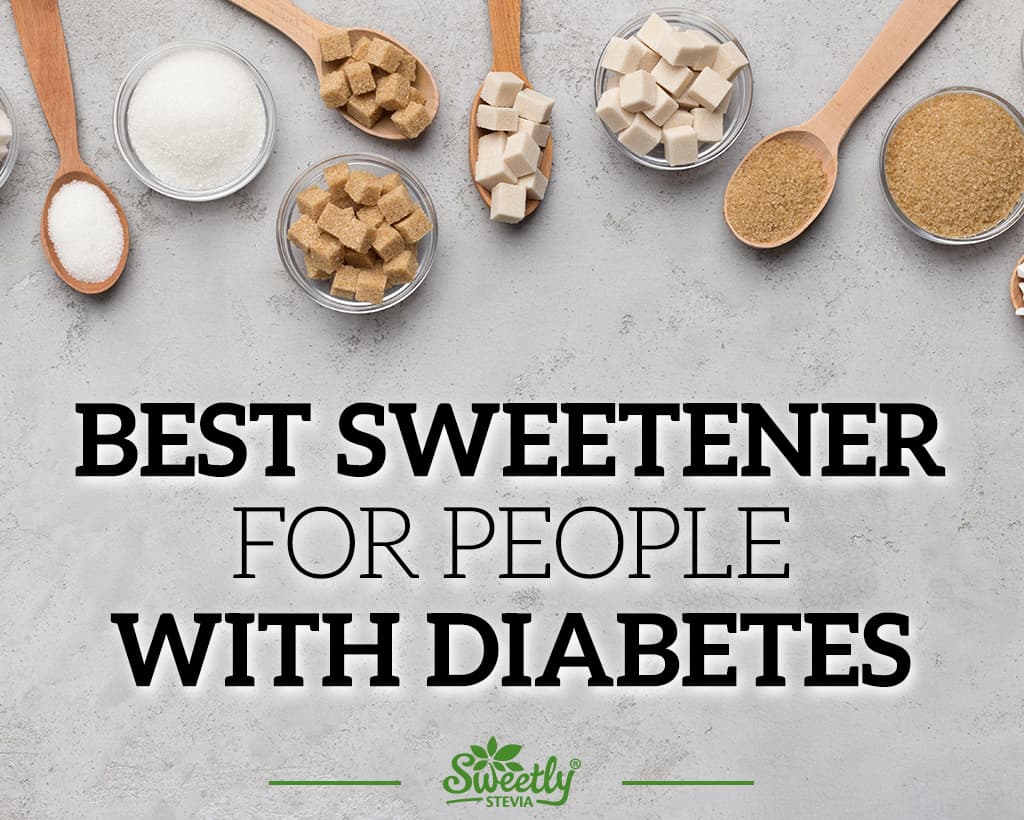Tips To Preventing Heart Disease

Preventing heart disease should be at the very top of your priority list if you're over the age of 35. Why? Because roughly ⅓ of all the deaths of people 35 and older in the United States are caused by this pervasive--and very preventable--disease.
Heart disease can develop for a variety of reasons, most of which have to do with poor lifestyle choices regarding diet, exercise--or lack thereof--and smoking. In literal terms, heart disease is the result of cholesterol, calcium, and other fibrous materials building up on damaged artery walls to form plaque. This plaque formation, if it becomes thick enough, can actually block the flow of blood and eventually lead to atherosclerosis--a big word that means precursor to heart attacks.
An extensive wealth of research has been conducted in an effort to pinpoint the main cause of why plaque builds up in the arteries of some individuals and not others. While research is ongoing, major culprits have already been identified. These culprits are contributing factors and are responsible for damaging the arteries in the first place. It is the damage to the arteries that triggers cholesterol, calcium, and other fibrous materials to come along and build plaque to mend the damage.
So, what causes this damage in the first place? Let's look at the major culprits before we dive into the best protocols for avoiding the damage that eventually leads to heart disease.
- Insulin resistance: If blood sugar levels remain high, due to dietary or genetic reasons, the response hormone insulin will elevate in order to manage blood sugar by working overtime to pack the sugar into cells, which is its job. When insulin stays chronically elevated, however, the cells become "resistant" and more insulin is required to clear the bloodstream of sugar. Insulin resistance then leads to heart disease.
TIP #1 TO PREVENT HEART DISEASE: Reduce dietary sugar & keep blood sugar in check
- Oxidative stress: The term "oxidative stress" refers to a harmful imbalance between free radicals and the antioxidants within the body that bind to them before they can directly damage cells. You can think of a free radical as an atom, molecule, or ion from a foreign source that circulates around the body in search of a cell to attach to. Once attached, the free radical then tears at the cell, damaging it significantly. When a person ingests antioxidants, the antioxidants bind to the free radicals, which ultimately protects the body. However, when antioxidants are not provided, the damage caused by free radicals is referred to as "oxidative stress" and this stress leads to heart disease.
TIP #2 TO PREVENT HEART DISEASE: Ingest antioxidants as part of a healthy diet
- Triglycerides: Triglycerides are the most common type of fat in the body. These fats circulate through the blood and at high levels, they can wreak havoc on overall health and increase the risk of heart disease. Whenever a person consumes more calories than their body needs, the excess calories get stored in the form of triglycerides. This isn't a problem if you seldom overeat. However, when a person has developed a habit of overeating, then their bloodstream could become overwhelmed with these fats as they make their way to your fat cells to be stored as future energy.
TIP #3 TO PREVENT HEART DISEASE: Control portion sizes and never eat until you feel full
- Chronic Inflammation: While there are countless causes of chronic inflammation, identifying the cause of this kind of persistent inflammation can be difficult. Infection, injury, autoimmune disorders, and long-term exposure to irritants are just the tip of the iceberg when it comes to unlying causes. When it comes to heart disease, however, a causal link has been established between damaged LDL cholesterol particles that stick to artery walls and chronic inflammation responses. What does this mean? If you suffer from chronic inflammation, it's critical to identify the specific cause or else you run a very serious risk of developing heart disease later down the road.
TIP #4 TO PREVENT HEART DISEASE: Work with your doctor to identify the underlying cause of your chronic inflammation as soon as possible
- Homocysteine: If you're unfamiliar with homocysteine, you're not alone. This hard-to-pronounce word is an amino acid that tends to stick around your bloodstream. While amino acids are generally healthy, high levels of homocysteine will create sulfur within the body. Given the sulfur production side effect, you definitely don't want high levels of homocysteine in your system, because it will directly lead to artery wall damage. What causes elevated homocysteine within the bloodstream? Eating a meat-heavy diet. Don't panic, though. You don't need to become a vegetarian to avoid this heart disease causing factor. Simply reduce the amount of red meat in your diet and if you have elevated levels of homocysteine in your blood, they should come back down into a healthy range soon enough.
TIP #5 TO PREVENT HEART DISEASE: Reduce red meat and avoid a fully carnivore diet
Dietary and lifestyle changes can help to greatly reduce the risk of developing heart disease. If you're interested in putting a new health and wellness protocol in place in your life, read on for our recommendations and the tips that will help keep you committed.
DIETARY RECOMMENDATIONS
A diet that is low in saturated and trans fats, salt, and added sugar will always be heart healthy. Eat more fruits, vegetables, and healthy unsaturated fats, and instead of reaching for table sugar or the processed sweet treats that are made with refined sugar, try a zero-calorie, all-natural sweetener to satisfy your sweet tooth, like Sweetly Stevia.
LIFESTYLE RECOMMENDATIONS
The most profound changes you can make to aid in reducing your risk of developing heart disease are small, lifestyle-based adjustments. If your career requires you to sit at a desk all day, try standing every hour on the hour and taking a three minute walk around the office. Rather than park in a spot closest to the building, park at the back of the lot to increase your daily movement. You don't need to take the escalator if the stairs are right there. These are small changes that can make all the difference in the world to your heart health.
EXERCISE RECOMMENDATIONS
Regular physical activity and daily exercise reduces high blood pressure, lowers high cholesterol, and aids in weight management, helping overweight individuals shed excess body fat. Staying active with cardio and resistance training also strengthens bones and muscles, and can help you feel more energetic, optimistic, and relaxed. You can start slow and gradually build your endurance with each workout. The most important thing is that you start.
When it comes to eating right and staying active, the team here at Sweetly Stevia has our own list of favorites. In no particular order, these are our top 3 heart healthy strategies to prevent heart disease!
- Laughter: laughing reduces stress and releases happy chemicals in the brain. Any excuse to laugh will be a good one so watch a funny movie, play with your pet, and crack jokes with your friends every chance you get.
- Get it on: or we should say, take it off, then get it on...preferably with that special someone--wink, wink. But seriously, sexual activity can be good for your heart, because it lowers your blood pressure overall, while being its own little workout in the moment! Even the American Journal of Cardiology established through research that a lower frequency of sexual activity correlates with higher rates of cardiovascular disease.
- Choose stevia instead: by replacing sugar with Sweetly Stevia, you can greatly reduce your daily sugar intake by leaps and bounds. Oh, come on, you didn't see this coming? Of course, our third recommendation would be all about convincing you to back away from the sugar bowl! Research has linked higher sugar consumption with obesity, type 2 diabetes, and higher LDL cholesterol, all of which are associated with heart disease.
If you're interested in discovering how to use stevia to replace sugar in your favorite drink and meal recipes, Sweetly Stevia puts out new recipes weekly that you're sure to love. You can even submit a recipe to our website if you're an experienced stevia connoisseur! Here's to a happy & healthy heart!















